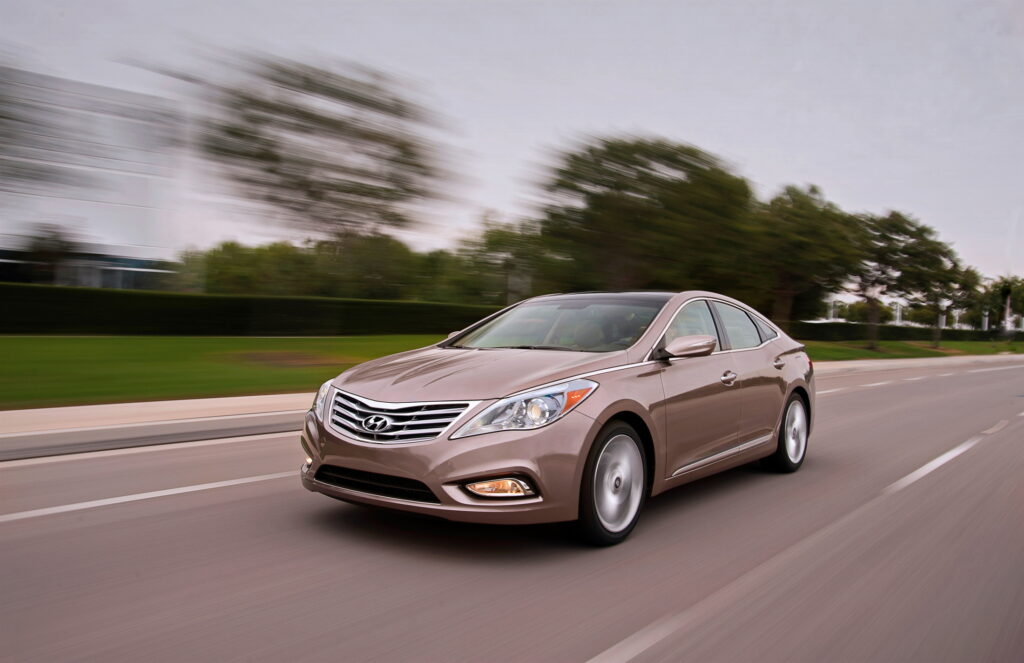The owners of more than three million Hyundai and Kia vehicles sold between 2010 and 2019 are being advised to park their vehicles outside and away from any structures while a recall aimed at fixing an issue that could cause a fire is rolled out.
In two separate filings, Hyundai identified 13 models that could be impacted by an electrical issue, while Kia identified 12. Taken together, the recalls amount to 3,372,743 vehicles that must be repaired in the United States (see full list below).
In files published with the National Highway Traffic Safety Administration (NHTSA), Hyundai reports that its fault relates to vehicles equipped with an anti-lock brake system modules that could leak due to an O-ring whose material formulation may be susceptible to physical changes over time.
Read: Now It Is The 2019 Kia Sorento That Needs A New Rearview Camera

Hyundai says that the leaking brake fluid can cause an electrical short to develop over time, leading to smoke from the engine compartment, a burning or melting odor, and the illumination of the ABS light, as well as a fire in the worst case scenario.
For its part, Kia reports that “the exact cause” of its issue is not known. However, it does know that its vehicles may experience a fire in the engine bay, in the area of the Hydraulic Electronic Control Unit. It believes that the part experiences a short circuit over time, which can lead to a fire whether the car is parked or on the move.
Kia is aware of 13 incidents that could be related to this issue, while Hyundai is aware of 21 fires and 22 thermal incidents that involved smoke, burning, or melting under the hood. Fortunately, neither brand is aware of any crashes, injuries, or deaths that can be attributed to this fault.
Hyundai plans to reach out to affected owners on November 21, and will ask them to return their vehicle to a nearby dealership where a new ABS fuse that will limit the operating current over time will be installed. Owners are advised that they can continue driving their vehicles, though they should park them outside.
Meanwhile, Kia will roll out a similar fix for its vehicles. It will start reaching out to owners on November 14 and will ask them to return their vehicle to a dealer where new fuses will be installed in order to prevent an overcurrent from occurring. Both automakers will reimburse owners who were forced to pay for repairs related to this issue out of their own pocket.
Affected Vehicles




